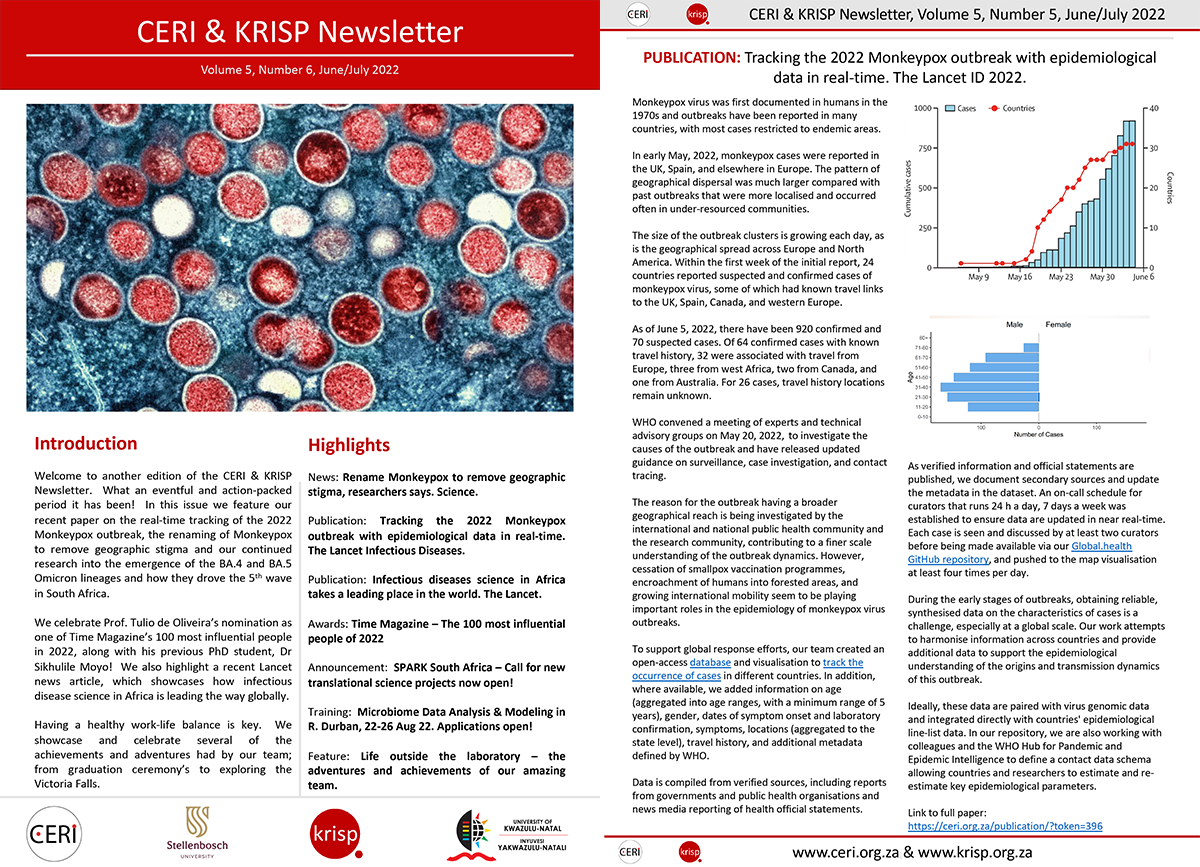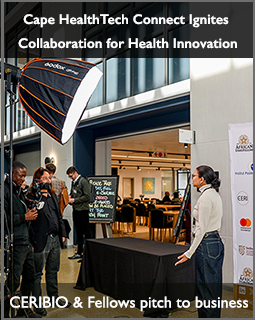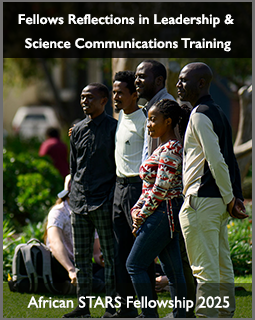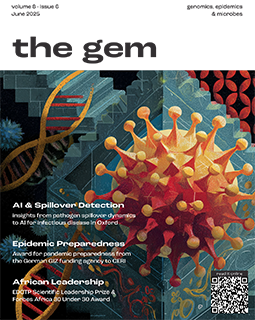CERI & KRISP Newsletter June/July 2022: Monkeypox, COVID-19 BA.4 and BA.5 lineages, Microbiome and phylogenetic training and much more.
Please find CERI’s & KRISP’s newsletter June/July issue of 2022. What an eventful and action-packed period it has been! In this issue we feature our recent paper on the real-time tracking of the 2022 Monkeypox outbreak, the renaming of Monkeypox to remove the geographic stigma, and our Nature Medicine publication that identified the BA.4 and BA.5 Omicron lineages and how they drove the 5th wave in South Africa.
We celebrate Prof. Tulio de Oliveira’s nomination as one of Time Magazine’s 100 most influential people in 2022, along with his previous PhD student, Dr Sikhulile Moyo! We also present two capacity building programs on microbiome analysis (Durban, 22-26 Aug) and COVID-19 virus sequencing and phylogenetic analysis (Stellenbosch, 26-30 Sep.

This issue's highlights are:
The concept behind this newsletter is that anyone with 15 minutes to spare can learn about the work of the Centre for Epidemic Research and Innovation (CERI) at Stellenbosch University and the KwaZulu-Natal Research Innovation and Sequencing Platform (KRISP), which is a Platform of the Technology Innovation Agency (TIA) at University of KwaZulu-Natal (UKZN), Durban, South Africa.
- News: Rename Monkeypox to remove geographic stigma, researchers says. Science 2022
- Publication: Urgent need for a non-discriminatory and non-stigmatizing nomenclature for monkeypox virus.
- Publication: Tracking the 2022 Monkeypox outbreak with epidemiological data in real-time. The Lancet Infectious Diseases 2022.
- Publication: African science should have a central place on the world stage. The Lancet 2022
- Publication: Emergence of SARS-CoV-2 Omicron lineages BA.4 and BA.5 in South Africa. Nature Medicine 2022.
- Events: Virtual conference on SARS-CoV-2 Sequencing in Africa. Lessons From the 100,000 Genomes
CERI and KRISP want to want to challenge the status quo and create a scientific environment in South Africa that drives innovations in global health and reverses the brain drain. A critical function of CERI and KRISP will be to make genomics, epigenetics, and bioinformatics accessible to academic, industrial, and commercial users.
News date: 2022-07-03
Links:
http://www.krisp.org.za/manuscripts/CERI_KRISPnewsletter_Vol5(6)_ JuneJuly.pdf










